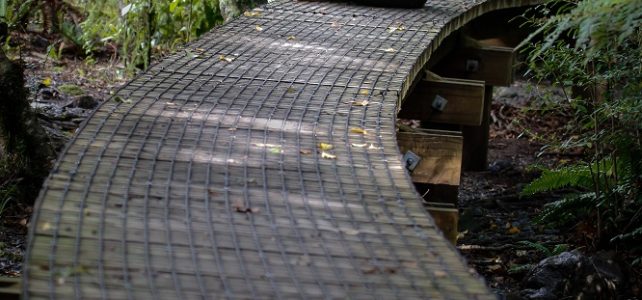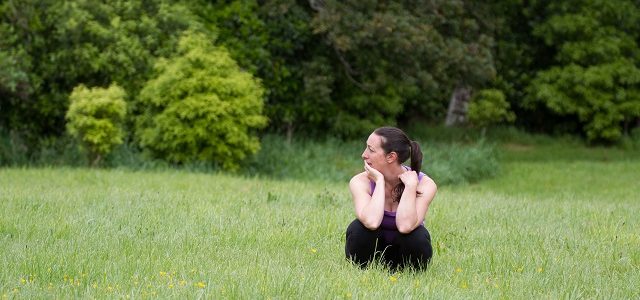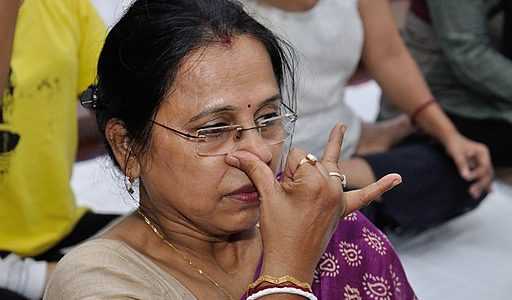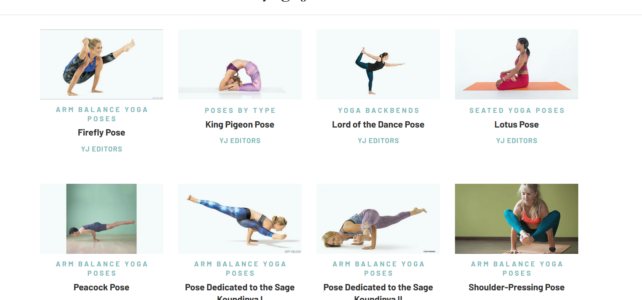When I wrote about my decision to stop teaching and writing about yoga, a key aspect was having more time for self-study. What I wasn’t brave enough to say in that post, was that I was also unable to reconcile my own teaching of yoga with my increasing awareness of cultural appropriation, racism and colonisation in yoga.
Stepping forward: Taking action from reflection










